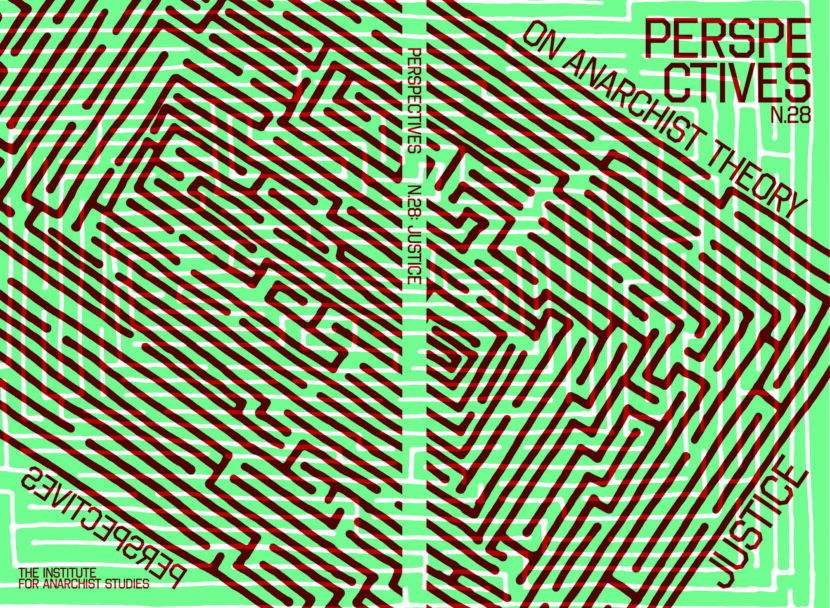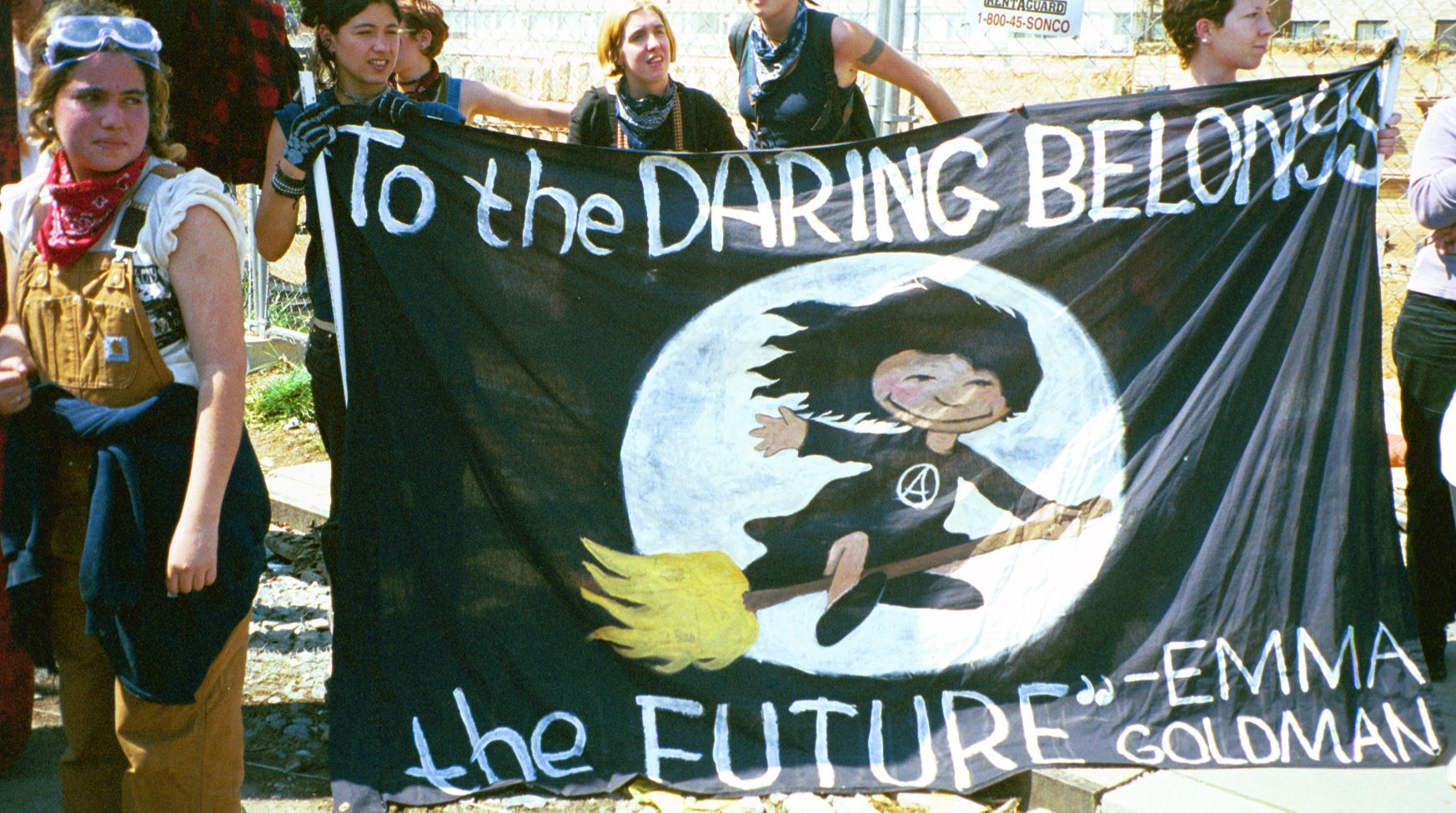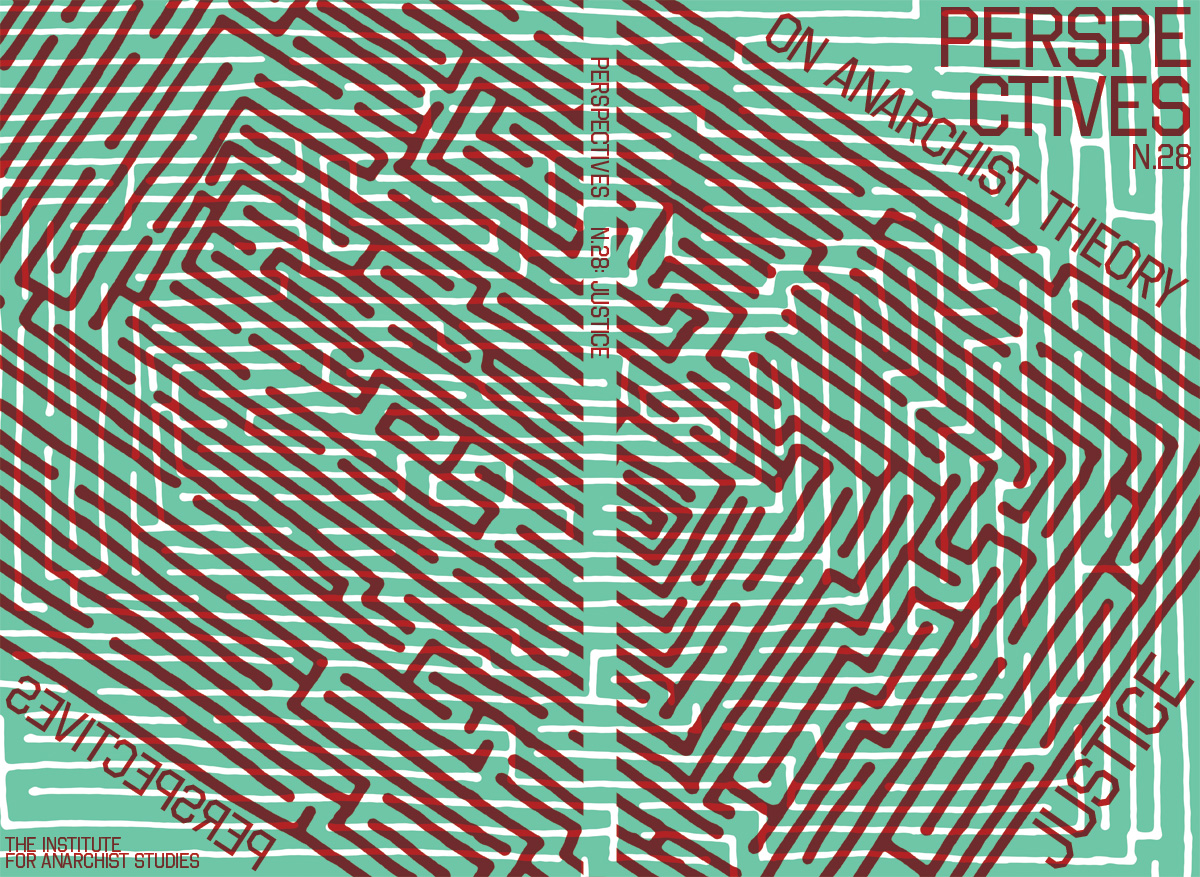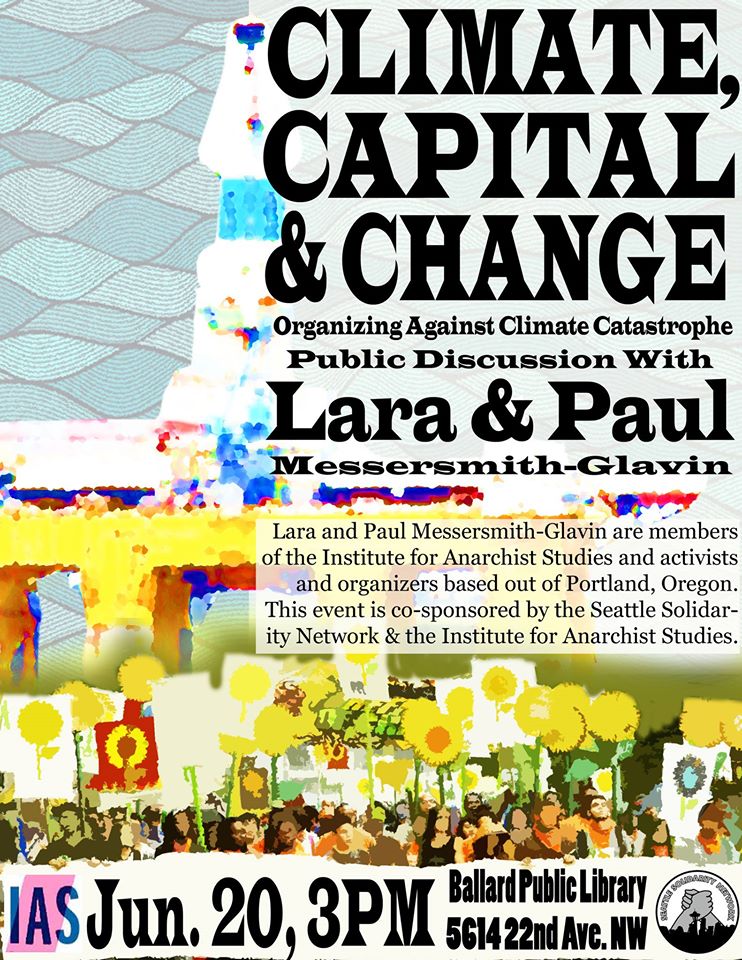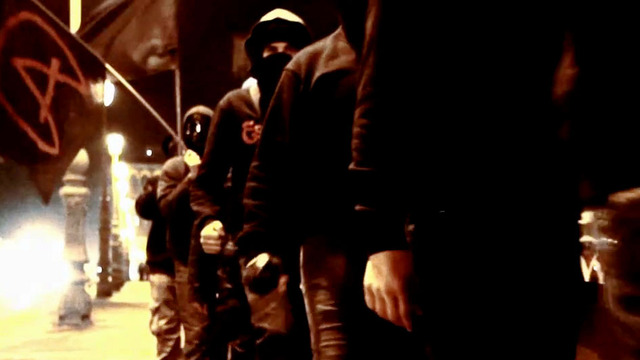
I read with interest Kevin Van Meter’s recent essay, Freely Disassociating: Three Stories on Contemporary Radical Movements published by Perspectives on Anarchist Theory on the Institute for Anarchist Studies website. In it, he discusses the current climate within the anarchist movement, painting a grim picture where increasingly meaningless labels and judgments get tossed about like political hand grenades, shutting down discussion, utilizing guilt-by-association, fomenting an atmosphere of anti-intellectualism and devolving into moralizing-outrage-as-activism. In his third of the three anecdotes he shares, he also elaborates how association with the anarchist movement can lead to unreasonable expectations and standards being placed on an individual. As a result, the radical movement has largely become a void consumed by the loudest voices or the latest controversy, leading people to disassociate from it.
Facing this scenario, Van Meter argues for developing an “anarchism with principles” based in a milieu of “working class, and revolutionary, intellectual culture.” The principles would emerge through dialog, debate, organizing and application in struggle.
Confronting Vigilante Responses in Accountability Work: The Need for Accountability in Everything We Do
by Romina Akemi
This piece originally appeared in Perspectives on Anarchist Theory‘s Justice issue (n.28) in 2015. On June 7th, 2014 multiple organizations in the Los Angeles-area hosted an event called “Transformative Justice: Our Movements and Our Struggle” at the Asian Americans Advancing Justice space in downtown Los … Read more

